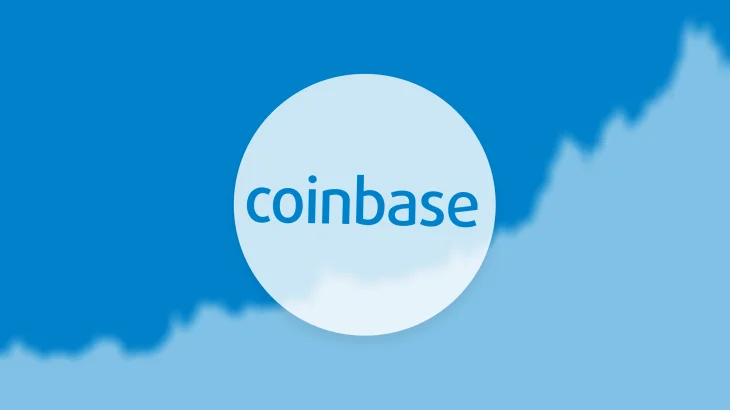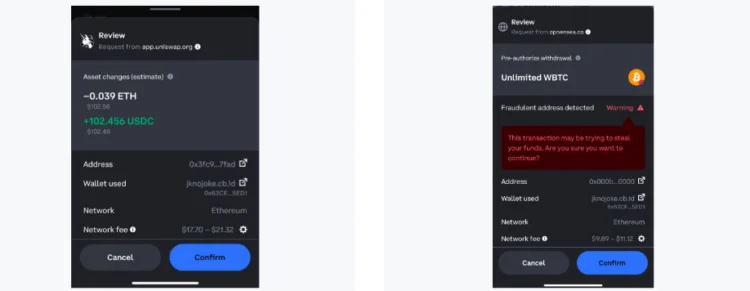Coinbase Wallet has integrated Blockaid security tool to provide Coinbase users with additional security layers, according to a joint report to Cointelegraph on March 13.

According to the companies, Coinbase has prevented the theft of over $75 million in funds by integrating Blockaid technology. The security tool reportedly prevented nearly 800,000 wallet connections to malicious decentralized applications (DApps) by examining and analyzing 114 million transactions and DApp connections.
Ido Ben Natan, the chief executive officer of Blockaid, disclosed to Cointelegraph that the platforms successfully tallied the amount of funds saved by calculating the value of the proposed transaction at the given time and analyzing the malicious transactions presented to users via its integration at the wallet level. He stated, “We can say with absolute certainty that the minimum amount of funds saved by users exceeds $75 million.”
The $75 million is a “lower band” compared to the Coinbase Wallet frauds detected by Blockaid, according to Cointelegraph’s CTO Raz Niv.
“It takes all the transaction warning screens we gave to Coinbase Wallet users and calculates the value that was blocked on these transactions,” he added.
A security feature that forecasts the result of a transaction before its publication on the blockchain, the integration of Coinbase Wallet with Blockaid facilitated a more accurate simulation of transactions.
Transaction simulation facilitates the ability of the platform to forecast the possible repercussions of specific cryptocurrency transactions, thereby expanding the scope for preventing crypto scams and theft.
Coinbase, as stated in the announcement, employs three Blockaid application programming interfaces (API) to bolster user security. At the same time, they engage in on-chain messaging, Web3 protocol or address transactions, and DApp perusing.
Users of the Coinbase Wallet are better informed of the consequences of signing transactions, including off-chain transactions such as a Seaport order on OpenSea and the transmission of on-chain assets like Ether, using Blockaid’s technology.
At least seven chains, including the Ethereum network and six other Ethereum Virtual Machine (EVM) chains, have benefited from enhanced transaction simulations as a result of the integration, according to Chintan Turakhia, senior director of engineering at Coinbase. He noted that Basis, Optimism, and Polygon were among the supported EVM-compatible networks.
The joint report emphasized that despite the encouraging capabilities of transaction simulations, such technology is insufficient to protect users adequately.
The integration of validation, which involves the assessment of a transaction’s evil nature, provides the user with an enhanced level of transaction security. A notification will appear on the confirmation screen of Coinbase Wallet users when a transaction is identified as nefarious.

In addition to Coinbase Wallet, other wallets have adopted Blockaid’s transaction security technology. In November 2023, the prominent EVM wallet MetaMask integrated security alerts with Blockaid. MetaMask announced the expansion of default security notifications to include Linea, BNB Smart Chain, Polygon, Arbitrum, Optimism, and Avalanche in February 2024.
